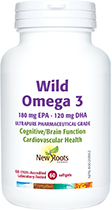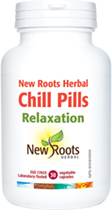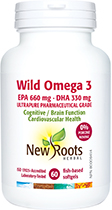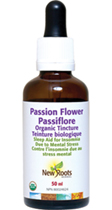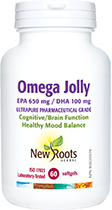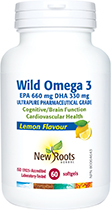Stress, Simplified
There’s no shortage of tips, lists, and suggestions available from trusted friends, family members, spiritual leaders, television personalities, psychologists, and psychiatrists regarding the topic of coping with stress.
Cutting back on caffeine, alcohol, and nicotine; getting more exercise and sleep; talking to someone you trust; practicing mindfulness and relaxation; even compiling a list to manage your time appears on many “top-ten lists” for stress management.
If the very thought of giving up on some of your guilty pleasures or embarking on a spiritual journey stresses you out, there are a few natural nutrients worthy of discussion that can make a difference in your life.
For Starters, Top Up Your Oil
The health benefits of omega-3 fatty acids found in fish are abundant, particularly eicosapentaenoic acid (EPA). Think of fish oil, particularly EPA, as lubricant to keep your brain and nervous system running smoothly. Clinical trials conducted at the Tehran University of Medical Sciences showed significant reduction in levels of cortisol (the stress hormone) with an intervention of 1000 mg of fish oil–sourced EPA over an eight-week period. The benefits of fish oils are gradual and lasting, which makes them a great foundation nutrient for long-term stress management.
Go Green
There are many botanicals renowned for their protective effects from acute and chronic stress. The great news is that current research has identified their therapeutic compounds and paved the way for the development of standardized extracts available in many dosage forms. Extracts of astragalus, ashwagandha, passionflower, and rhodiola rank among the most clinically researched and effective nutraceuticals available.
Astragalus and ashwagandha work in similar ways: They contain specific compounds recognized for improving stress tolerance. These compounds stabilize the activity of neurotransmitters to shield the brain from stressors. Look for astragaloside content in astragalus, and for a potency-verified concentration of withanolides for ashwagandha.
Passionflower has a long history of use for alleviating stress and anxiety. It contains flavonoids, which are neuroprotective compounds that increase levels of gamma-aminobutyric acid (GABA). GABA makes brain cells less prone to excitability during stressful situations. Passionflower can also inhibit the accumulation of belly fat—how about that?
Rhodiola is among the most researched botanicals for both mental and physical endurance. It modulates production of cortisol (the “fight-or-flight” hormone); excessive presence of cortisol leads to stress, anxiety, and a cascade of additional health concerns, including weight gain. Rosavins and salidrosides rank as the pivotal compounds in the mosaic of active constituents found in rhodiola.
These are among the many side effect–free, nonaddictive alternatives to prescription drugs for stress and anxiety. Look for them in stress and anxiety formulas, or as stand-alone products. Consider them nutrition for your disposition.
 Gordon Raza, BSc
Gordon Raza, BSc
As the technical writer for Flourish, Gord shares his
unique perspective on natural health products, nutrition,
and active living.

 Stores
Stores
